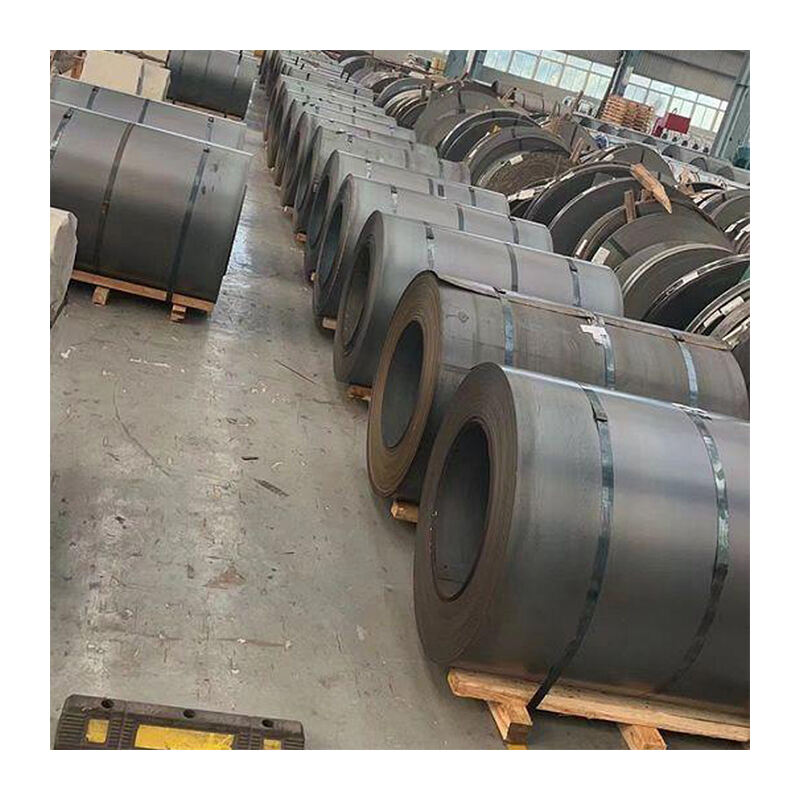Carbon steel is among the most widely utilized materials in industry because of its myriad properties and benefits. This post focuses on the advantages of carbon steel and its importance in manufacturing, construction, among other fields. An informed decision regarding the selection of materials that will improve efficiency, durability, and cost savings can be made by understanding the properties of carbon steel.
Understanding Carbon Steel
Carbon steel comprises iron and carbon, and its carbon proportion ranges between 0.05% and 2.0%. This gives carbon steel its strength and elasticity paving way for its application across various industries. Besides, carbon steel is much cheaper than stainless steel and it can be readily welded, forged, or machined. The properties of carbon steel can be tailored by adjusting the carbon content and adding other alloying elements. This versatility provides for numerous grades of carbon steel tailored to meet specific industrial requirements.
Strength and Durability
Among all types of steel, carbon possesses the highest durability and strength. This is especially true for high-carbon steel, Difficult tasks like making structural parts of machines, tools, and other equipment are made easier because of its remarkable hardness and tensile strength. Carbon steel’s ability to endure heavy stress, resist abrasion, and undergo friction can withstand almost anything, and makes it a popular choice in construction, automotive, and manufacturing businesses. Because of its remarkable strength, carbon steel also requires little maintenance and has a longer than expected lifespan accompanied with lower operational costs, making it a big hit among business industries.
Cost Effectiveness
In a world where every penny counts, carbon steel emerges as a life savior as it’s proven to be lower in price compared to stainless steel and aluminum. The manufacturing processes and basic materials required are much lower in value. Companies looking to economize their resources without sacrificing quality, can rest easy knowing that choosing carbon steel can save them a lot of money. The ability to obtain carbon steel in various shapes such as plates, bars and sheets also goes a long way in improving the overall preception of its market value.
Flexibility in Uses
Another major benefit is the carbon steel's versatility. The material can serve as construction beams or automotive frames and can also be used for manufacturing pipelines and machinery parts. Depending on the carbon steel's grade, properties like hardness, ductility, and even resistance to corrosion can be tailored. This level of flexibility saves manufacturers and engineers the hassle of finding multiple materials to meet operational requirements.
Check The Box:
In today's industrial landscape, the focus on sustainability is on the rise. Being made from recyclable materials, carbon steel falls within the range of eco-friendly. Its recycling process is both effortless and painless, not to mention the harsh need for virgin steel is lessened. Sustaining operational needs while working towards corporate social responsibility is what allows these companies to stand out. Adopting carbon steel is an effortless way towards achieving improved CSR-rated performance.
Industry Trends
With the change of industrial activities, the need for sophisticated materials is on the rise. There is a notable and emerging scope of interest for further developed carbon steel alluses that have additional benefits like greater resistance to corroding and better weldability. Advancements in processes, through AI and automation, are further shaping the future of carbon steel manufacturing. Carbon steel is advantageous and helps sustain a competitive edge in the marketplace, and thus, companies that embrace these trends are the ones that stand to benefit.

